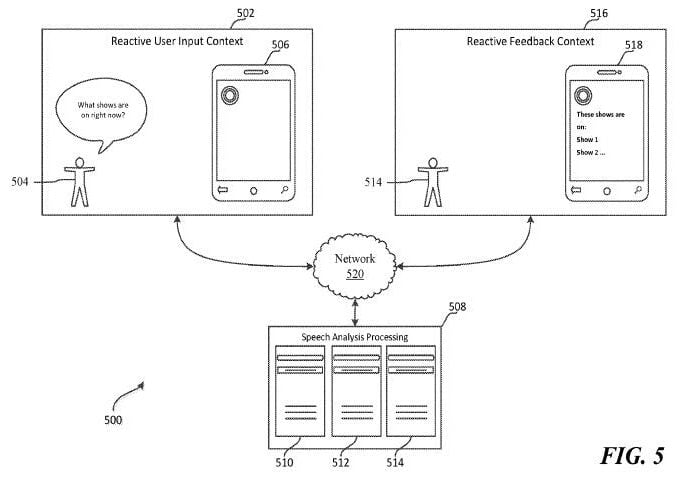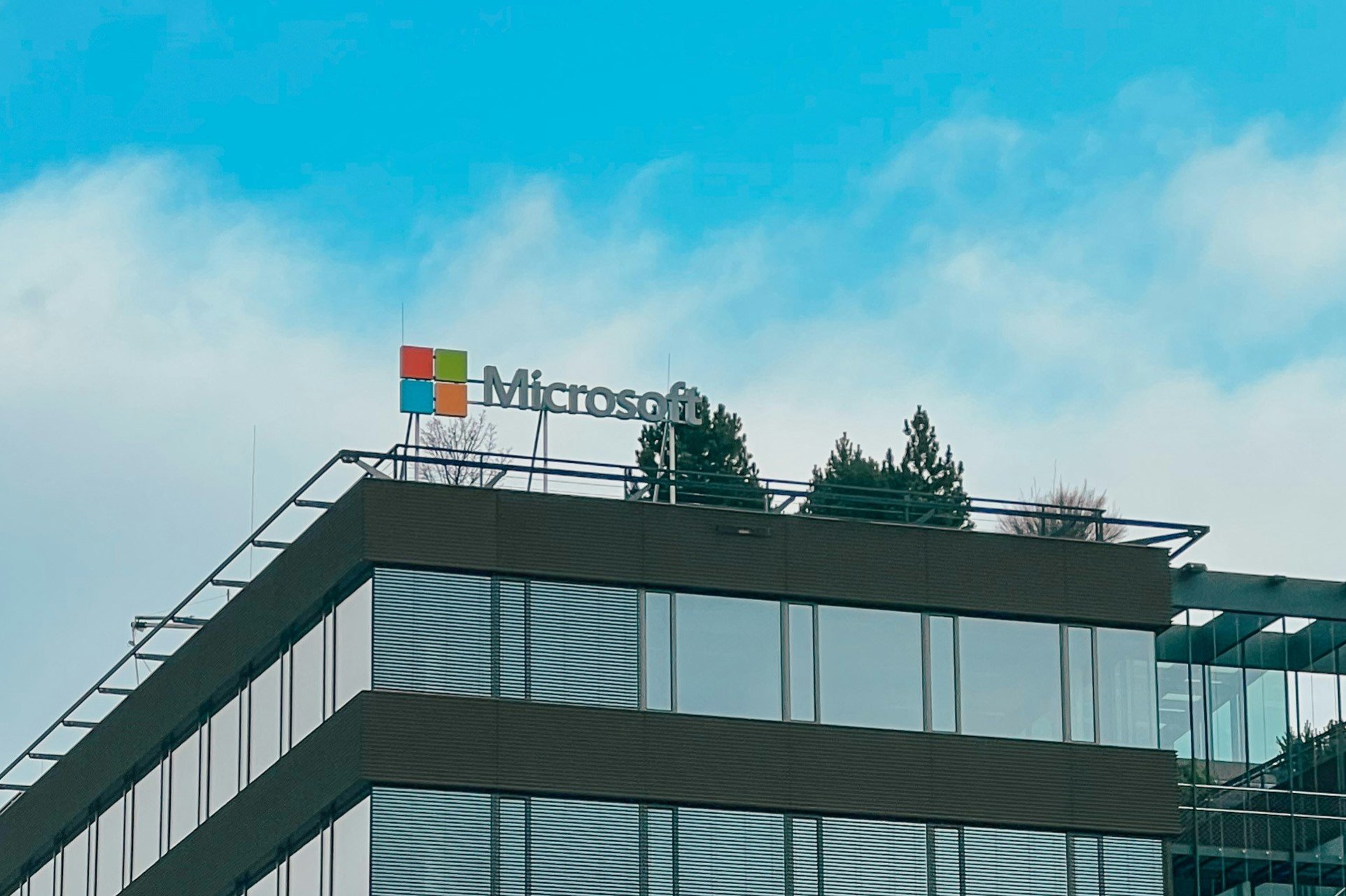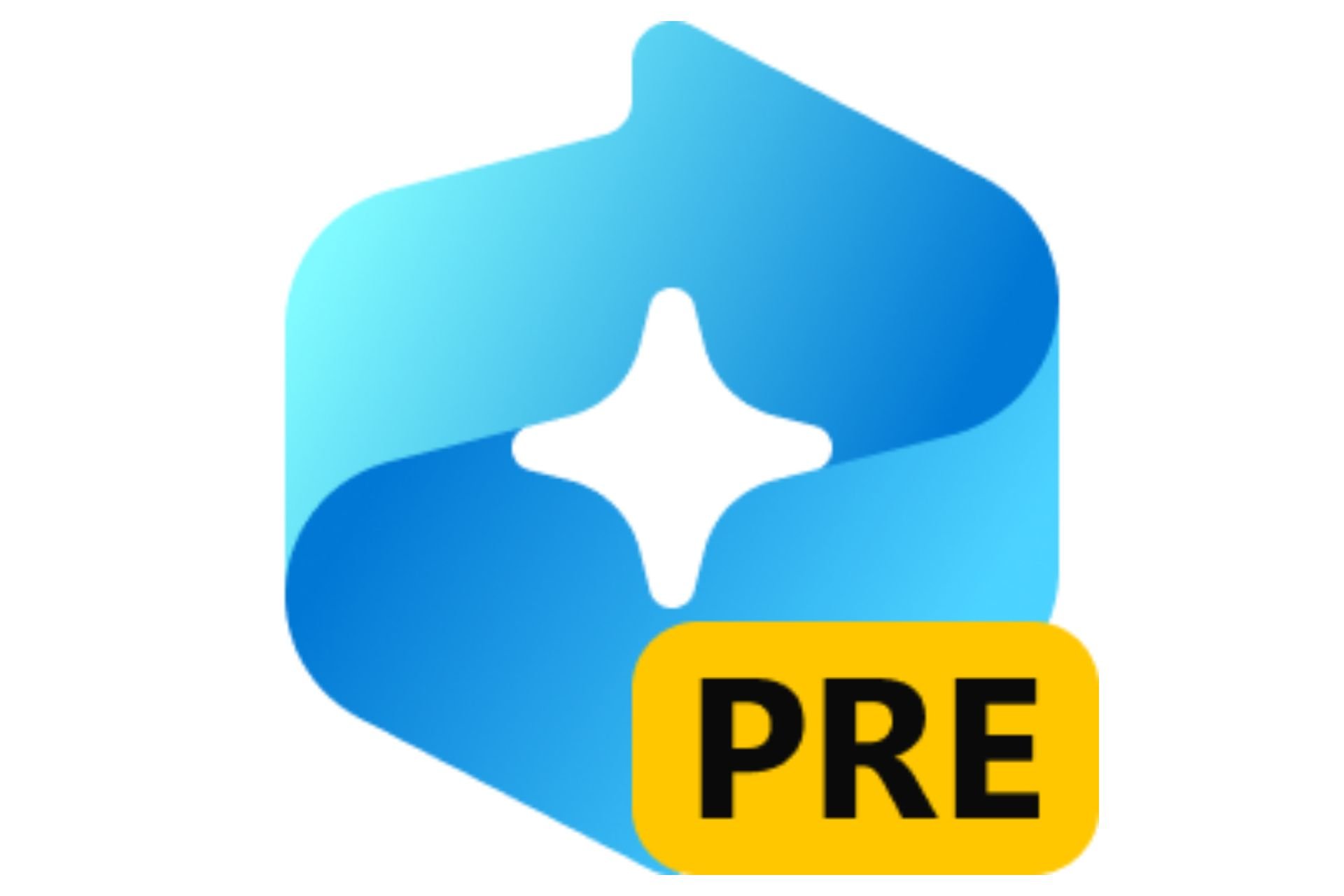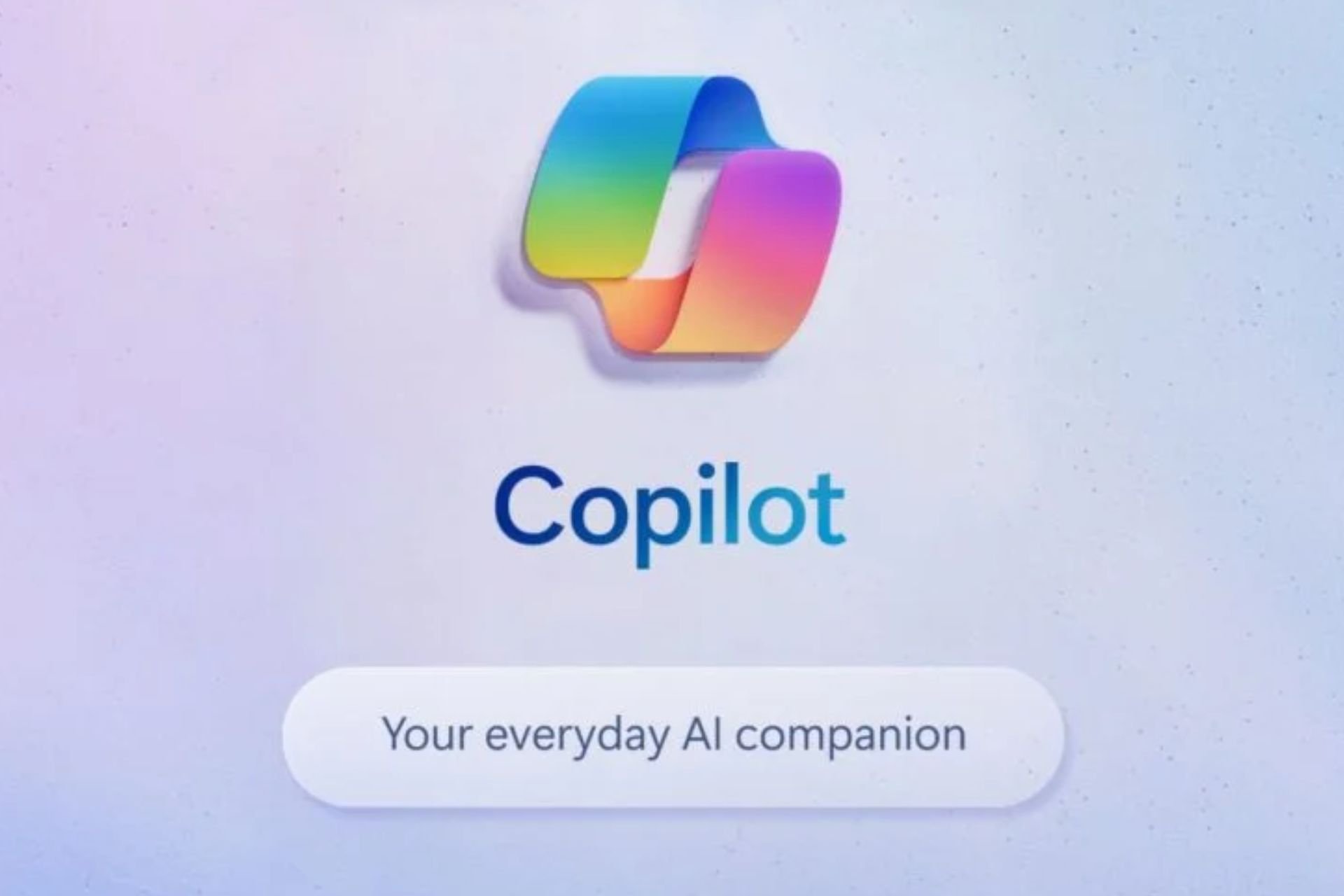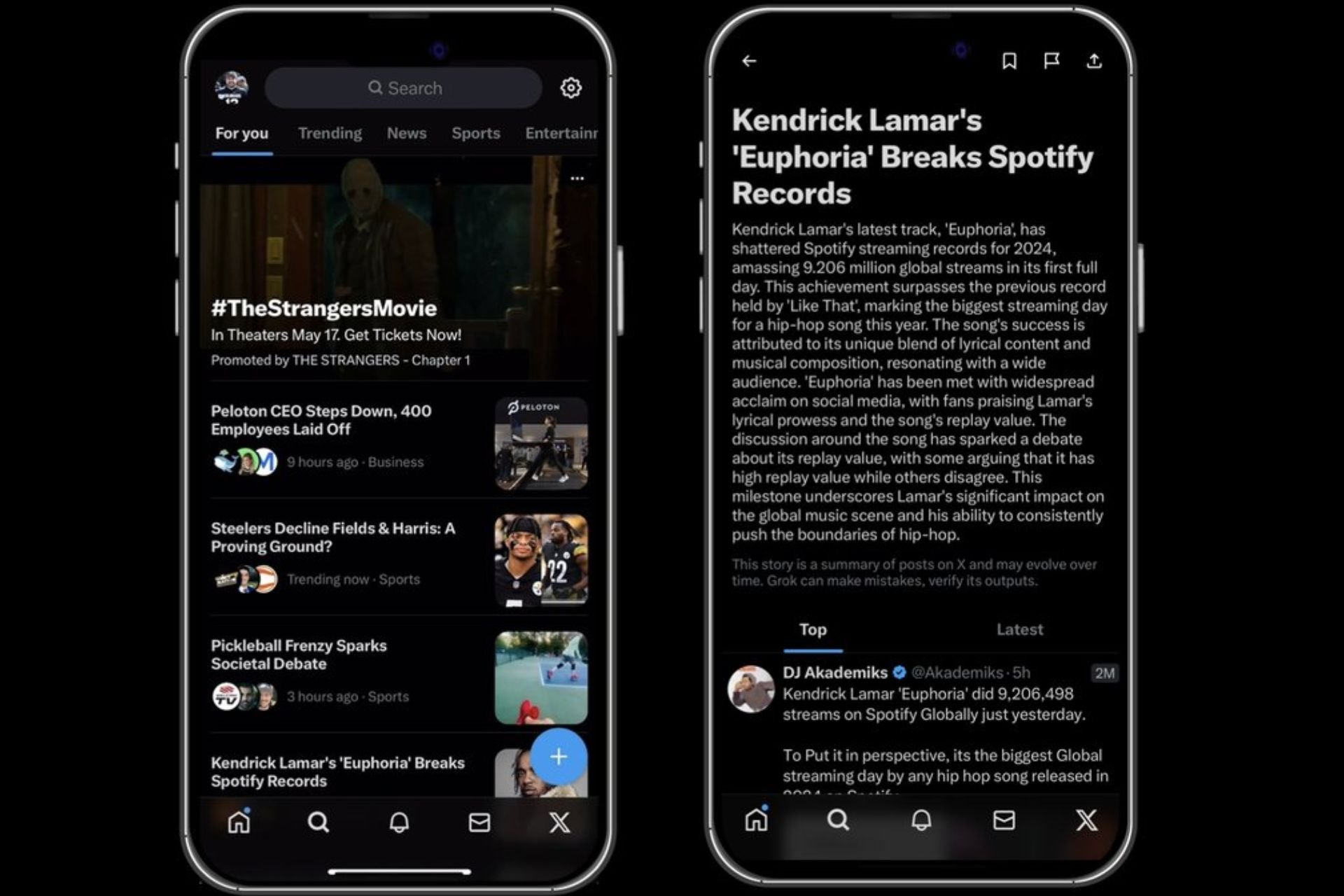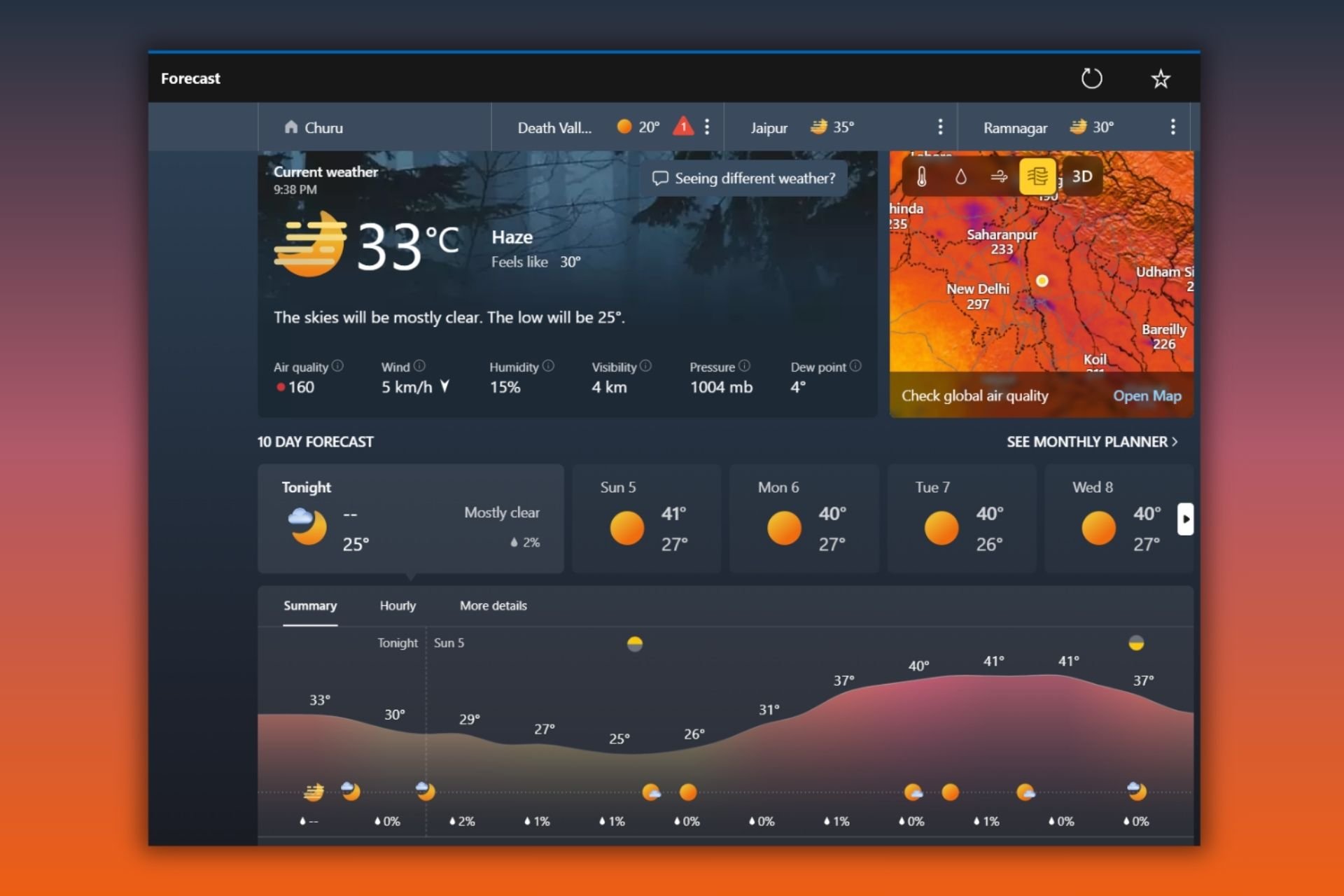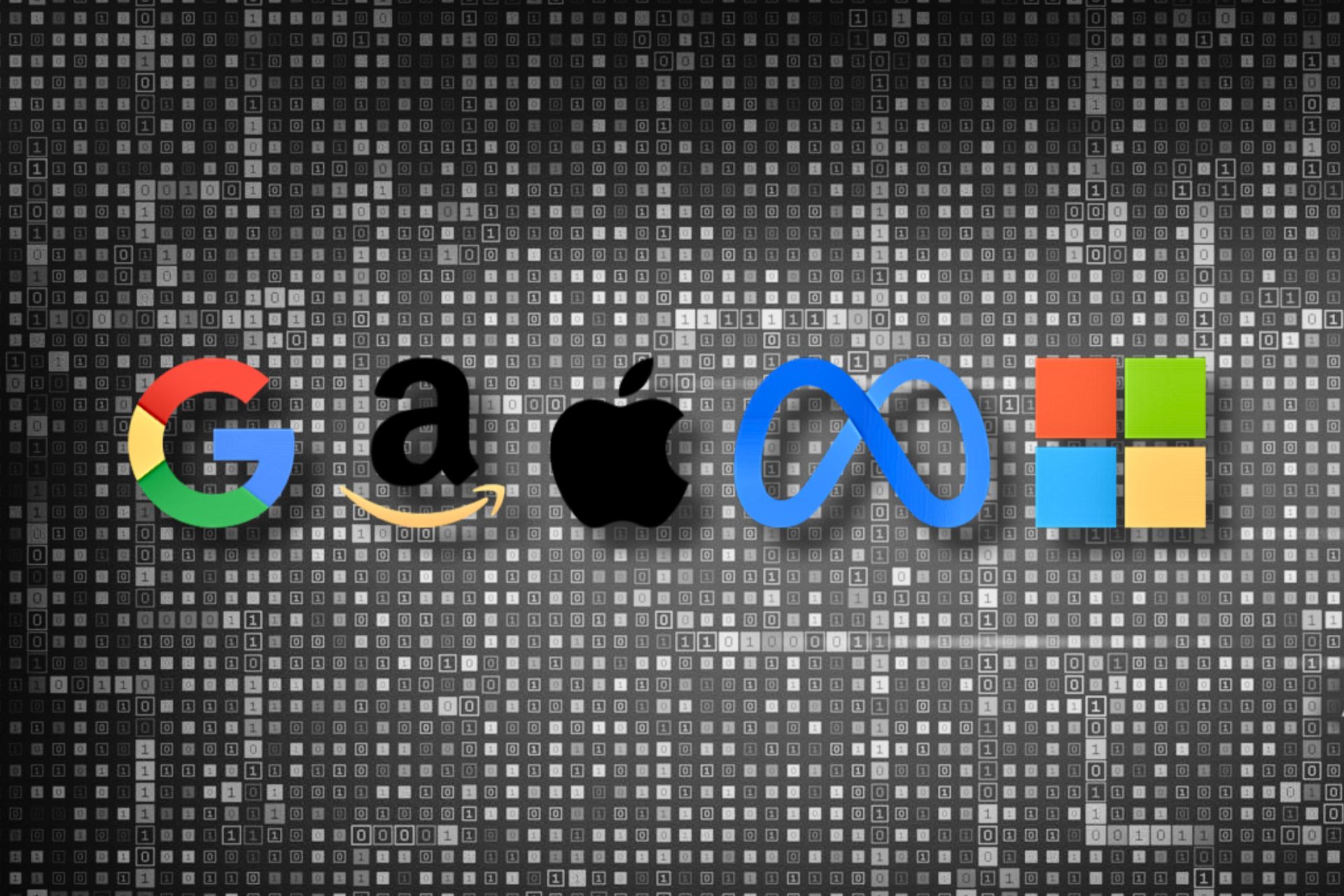Microsoft might update Copilot to offer personalized experiences
Copilot on Windows 12 might look like this.
3 min. read
Updated on
Read our disclosure page to find out how can you help Windows Report sustain the editorial team Read more
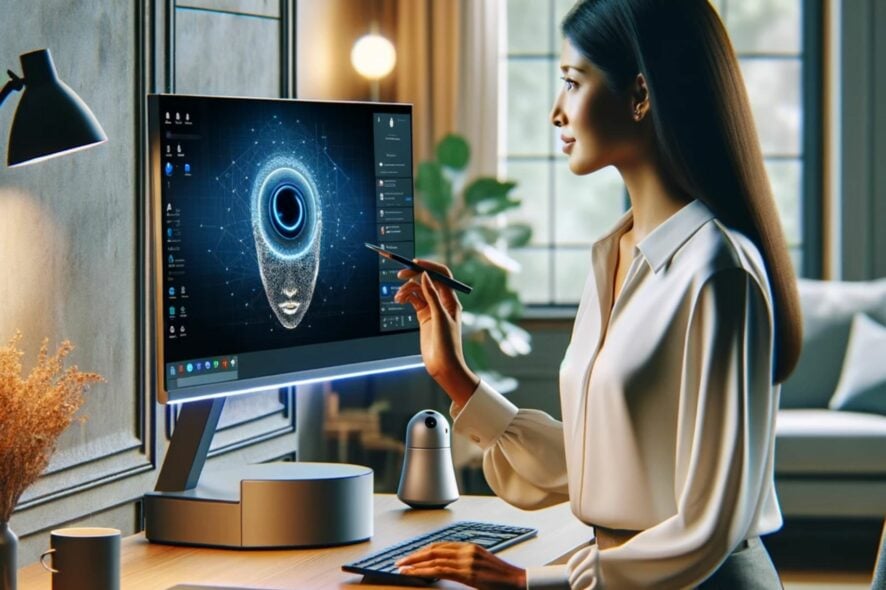
Copilot finally made its debut in Windows 11 last month, when the Redmond-based tech giant released it along with Windows 11 23H2, after months of anticipation.
For now, the AI tool is capable of a lot of things: it uses Edge and Bing search to help users get tasks done. We’re talking about composing, suggesting Spotify playlists, summarising long texts, and even getting Windows 11 ready based on users’ inputs.
However, even though the tool was recently released, we can’t help but wonder where will the Redmond-based tech giant take it. And, if we’re to trust this recently published patent from Microsoft, it seems that Copilot might be soon updated to offer personalized experiences.
The patent was filed in 2020, but it was only recently published, meaning that Microsoft has been thinking about it for quite a while. If we take into consideration that AI is now a major feature in the tech world, and Windows 11, being able to vocally interact with Copilot doesn’t sound so futuristic.
There are Siri, Alexa, and many other AI models at our disposal. Talking to our Windows devices? Why not? However, this could be next level, and here’s why.
How would Copilot offer personalized experiences on Windows?
The patent describes a digital assistant that will be able to offer personalized experiences to users through a computer-based device that processes voice, text, and physical gestures. In many regards, this sounds similar to the technology Microsoft is developing for the next Windows version.
The catch about this particular technology is that this digital assistant model can be used by multiple people on the same account, effectively identifying between all of them, and offering every one of them a personalized experience based on their input.
The users of a digital assistant that receives input from a single device, or a single account associated with multiple devices, can vary in age, gender, country of residence and origin as well as multitude of other variable factors.
Would it work? According to the patent, yes, because this technology would use voice patterns, speech patterns, language patterns, and natural language processing to identify who is giving the input from a group of users.
This is not all, though. The technology is also capable of finding out and putting together background characteristics and traits of each user to form an image of them and use that to offer them personalized experiences.
The image would also be used by this technology to interact with you in a personal manner by giving you personalized responses and feedback.
In many ways, this could be the future of Copilot on Windows: a digital assistant capable of voice access and awareness of each user of a Windows device, delivering unique experiences to each of them.
Could Windows 12 bring this version of Copilot? Most probably, and if it’s not happening there, then it will eventually happen down the road.
What’s your opinion on this? Finally, we also invite you to check out our comparison Copilot vs. Copilot Pro.

